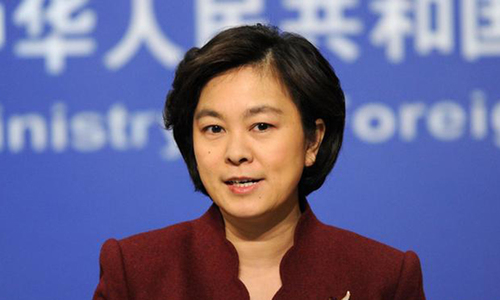Reciprocate peace moves, Pakistani foreign minister urges Delhi, Kabul

SIALKOT: The Minister for Foreign Affairs, Khawaja Muhammad Asif, said on Sunday that Pakistan always wanted to have good relations with its neighbours, especially India and Afghanistan, but both countries were not giving any positive response to Pakistan’s initiatives for durable peace in the region.
The newly-appointed foreign minister, in his maiden press conference at the PML-N House here, made it clear that Pakistan’s desire for peace and good relations with neighbours should not be construed as its weakness.
“It’s high time for both India and Afghanistan to come forward as good neighbours and give positive response to Pakistan’s peace initiatives and end the blame game,” he added.
Examine: Foreign policy straitjacket
The foreign minister regretted that India was continuously violating the ceasefire accord by shelling the civilian population along the Line of Control. India was also supporting the conspiracies being hatched by Afghanistan against Pakistan in a bid to destabilise this country economically and politically, he alleged.
Mr Asif said the defence of Pakistan was in strong hands as its armed forces were capable of defending every inch of the motherland. He asked New Delhi and Kabul to support Islamabad’s peace initiatives.
Asif says desire for good relations with neighbours should not be construed as weakness
The minister said Pakistan had been fighting terrorism for several decades, besides playing a pivotal role in establishing peace by uprooting and crushing terrorists, adding that the world was praising Pakistan’s frontline role against terrorism.
The minister alleged that India and the United States were involved in an international conspiracy to sabotage the Indus Water Treaty, posing great danger to the Subcontinent. He pointed out that Pakistan had never been taken into confidence by the international community on all the clauses of the treaty.
Mr Asif said Pakistan had now effectively taken up the burning issue of stoppage of water by India into Pakistani rivers with the World Bank which had been playing its role as a guarantor in the Indus Water Treaty. He said Pakistan wanted an amicable solution to the problem and was making all-out sincere international efforts to resolve this prolonged issue as soon as possible.
He disclosed that the issue of construction of the controversial Kishanganga dam had almost been resolved by Pakistan and India about one-and-a-half years ago, but progress on it was halted due to suspension of further talks by India thrice afterwards.
Published in Dawn, August 7th, 2017












































